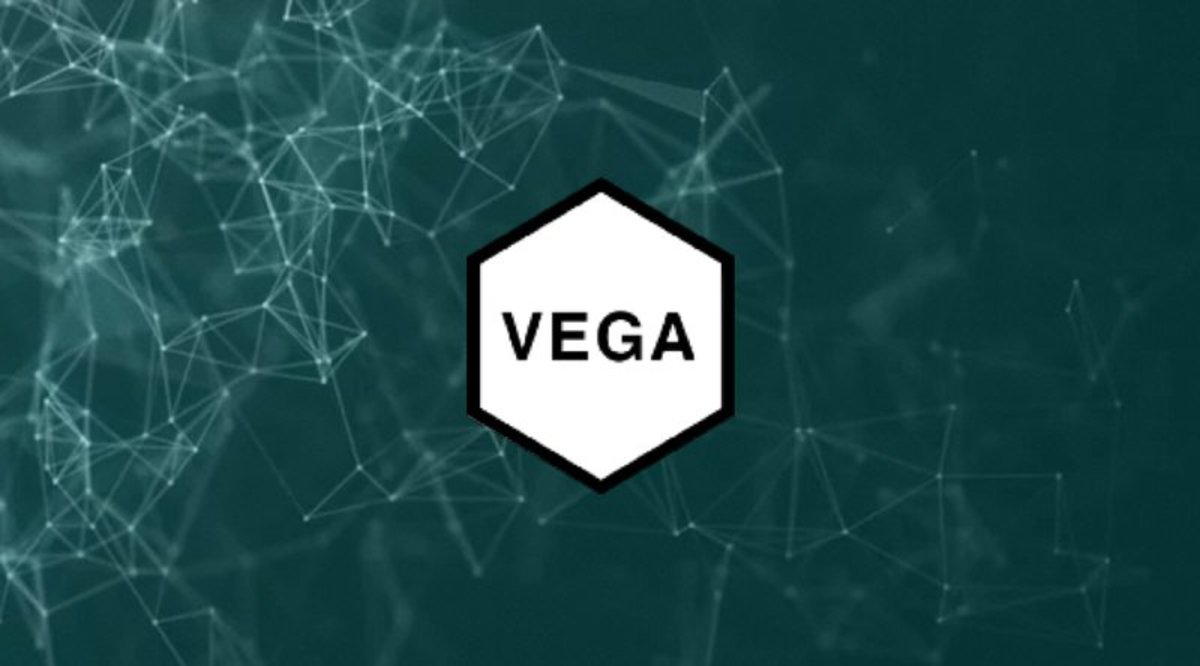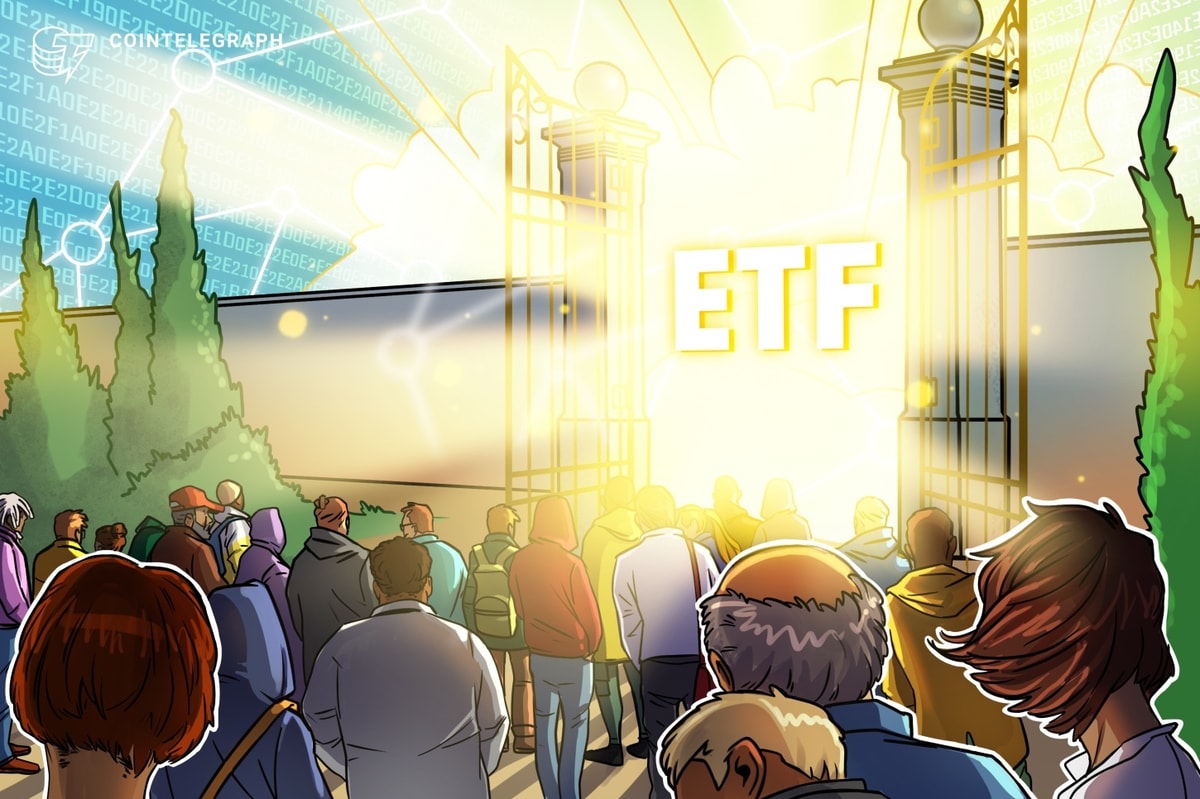
Vega Fund Wants to Be the First Truly Decentralized VC/Crowdfunding Platform on Ethereum
Vega Fund wants to be a global, decentralized, crowd-managed venture capital and crowdfunding platform built on Ethereum. The project, still in its early conceptual development phase, has issued draft versions of its white paper and business plan. Vega developers, led by co-founders William Russell and George Van Hoomissen, are building a software infrastructure for smart contracts, which will run the fund with a large degree of autonomy.
“Our core focus is to promote the growth of crowdfunding investment opportunities offered by companies, organizations and projects that opt to fund their development through newly issued tokens,” notes the fund’s website, emphasizing the difference from traditional venture capital funds and money management services.
“We hope to effectively provide the value that many promising projects are seeking, allowing the potential of the [Ethereum] platform to be explored to its fullest potential.”
Besides providing a funding platform for specific projects, Vega Fund will be focused on encouraging the growth of the ICO market and platform.
Projects submitted for funding will be assessed by Vega token holders, who will have voting rights for funding decisions, potentially resulting in optimized decision-making by leveraging the wisdom of the crowd.
The concept could have applications beyond crowdfunding: In May 2016 futurist Ralph Merkle — one of the inventors of public key cryptography, the inventor of cryptographic hashing and the originator of the “Merkle trees” used in blockchain systems including Bitcoin and Ethereum — published a paper titled “DAOs, Democracy and Governance,” in which he argued that the design principles of Distributed Autonomous Organizations (DAOs) could permit the development of better governance systems.
Another Ethereum-based system powered by the wisdom of the crowds, the Augur prediction market, provided the inspiration for Vega Fund. “We were especially absorbed by Augur’s idea of leveraging the wisdom of the crowd to manifest a reliable indication of the likelihood of real-world events,” said Van Hoomissen. “Expanding on this idea, we wanted to see if it could be applied to other ventures.”
The concept of a self-driving venture capital fund running on Ethereum smart contracts seems similar to The DAO, a project that made headlines in 2016 by raising a record $100 million in a few weeks. Shortly after launch, The DAO imploded after malicious parties exploited a system flaw to divert funds, which called attention to design weaknesses in The DAO and Ethereum as a whole. The fall of The DAO led to the decision to create a hard fork, which caused a split in the Ethereum system.
Vega Fund, which defines itself partly in terms of its differences from The DAO, wants to avoid running into similar problems by having all changes and security issues up for vote so that the participants in the fund can solve their own problems, instead of relying on a small development team.
“The key difference between Vega and The DAO is how we go about facing platform maintenance and security,” explain the Vega founders. “We view it as unethical to expose users to the downside of potential platform flaws without providing them an avenue to directly effect a solution. Vega token holders will be responsible for scrutinizing Vega’s contracts, and with the Developer Funding Initiative (DFI) in place, they won’t have to rely on the original devs to fix an issue when they find one.”
The DFI will operate like the fund itself, via crowd voting on proposals. Token holders will be able to propose solutions to potential security issues, and developers will be able to submit implementation proposals, which will be assessed by token holders.
“Too often do otherwise-competent teams mistakenly view security as something binary, as opposed to dynamic and in need of constant refinement,” explained the Vega founders. “The DAO’s team was warned far prior to the exploit that there was an issue in the code, but they failed to act. With this system, token holders can vote to fund a solution as soon as possible after finding an issue.
In a typical open-source project, anyone can propose changes, but it is up to the project managers to decide on acceptance. Here, the code is managed by the same DAO software infrastructure that manages the fund, so a change with enough support from the token-holders will be implemented.
Beyond Funding the Platform
“We no longer plan on having a presale as we’ve received sufficient private funding interest to cover our development needs,” Russell told Bitcoin Magazine. “We believe this will be the better route to go so that we can launch with a fully developed platform before taking in any community money.”
Russell explained that any project that seeks to raise money via an ICO (i.e., sale of an Ethereum-based token) could be part of Vega Fund. “This could be anything from a decentralized social network to a brick-and-mortar clothing store, so long as they seek funding via tokens,” he said.
“We’ve only recently garnered a lot of attention and as such we’ve yet to have people come to us for funding,” continued Russell. “However, we’ve been constantly interfacing with enthusiastic members of the community who’ve been interested in this type of platform for a long time. So while we’ve yet to have companies/projects come to us, that’s OK, because we believe the community interest and optimism we’ve received is more important at this early stage while we seek feedback and attempt to refine our core concepts.”










